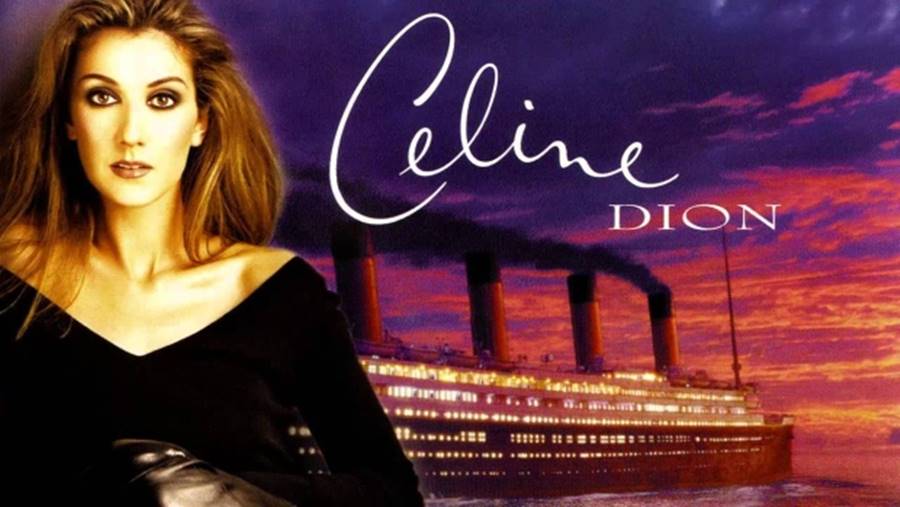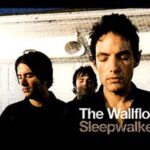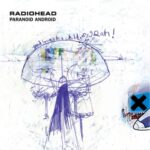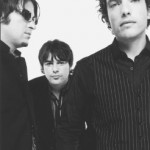
By Jae-Ha Kim
Chicago Sun-Times
August 25, 1998
Movie soundtracks have become music to record companies’ ears.
Once studios discovered that popular music from such artists as Simon and Garfunkel and the BeeGees could help sell a film, the lush orchestral scores that were the high-water mark of the ’50s all but disappeared. These days, soundtracks have become far more than promotional tools for hyping a movie. They are thriving independently of the films that spawn them to become a force on the album charts – with some even outliving their big screen brethren.
Last month, half of the Top 10 records in the Billboard 200 were soundtracks to such movies as “City of Angels,” “Armageddon” and “Hope Floats.” Last week, 10 percent of the Top 200 albums were soundtracks.
“This is the first time since the ’60s that there have been so many soundtracks in the Top 10,” said Geoff Mayfield, director of charts at Billboard. “Back then, Julie Andrews was hot and had `Mary Poppins’ (at No. 1) and the `Sound of Music’ in the Top 10.”
Mayfield points to music from such films as “American Graffiti,” “The Big Chill” and “Top Gun” as some of the hits of the subsequent decades, but says soundtracks “just hit a really hot cycle again.
“In the past five years or so, managers and some record companies have been looking at them in more friendly terms too, giving exposure to an artist who may be in between albums, or showing off a developing act,” he said. “It’s not a negative anymore for A-list acts to be on soundtracks, either.”
Case in point: The Wallflowers are featured on the “Godzilla” soundtrack; Alanis Morissette contributed a new number to “City of Angels,” and then, of course, there’s the queen of soundtracks, Celine Dion, who has had songs on everything from “Beauty and the Beast” to “Titanic.” Dion’s “My Heart Will Go On” from the disaster epic soundtrack even went on to win an Academy Award earlier this year.
And Bryan Adams, who’s become so associated with his soundtrack hits that it’s hard to remember what else he’s done, copped Oscar nominations for his contributions to both 1991’s “Robin Hood: Prince of Thieves” (“Everything I Do I Do It for You”) and 1995’s “Don Juan DeMarco” (“Have You Ever Really Loved a Woman”).
So who picks these winners?
“It’s definitely a team effort, but in most cases, the director more than anybody has a lot to say about the soundtrack (content),” said Glen Brunman, executive vice president of Sony Music Soundtrax, which produced the soundtracks to “Armageddon,” “Godzilla,” “Jerry Maguire,” “Sleepless in Seattle,” “Men in Black,” “My Best Friend’s Wedding” and “Titanic.”
While the mutual benefits of a hit soundtrack and a hit movie such as “Titanic” may seem obvious, one doesn’t necessarily guarantee the other.
For instance, “The Truman Show” was a critical and commercial success. However, its soundtrack never made it into the Billboard 200. Similarly, “Mulan” and “The X-Files” did well at the box office, but fans weren’t running to purchase the accompanying soundtracks.
Meanwhile, the platinum soundtracks for the moderately successful “City of Angels” (at No. 8) and “Hope Floats” (at No. 19) are selling steadily, though the former has disappeared from most theaters and the latter sank quickly.
Dominic Griffin, who writes the soundtrack column “Shoots & Scores” for the trade publication Hits, said that the combination of songs on the album is integral to its success.
“The film obviously is the most important part, and it’s a reflection of the director’s vision,” Griffin said. “If he wants to go out and pick the music to fit his film, that’s great. And if he’s happy with his vision, that’s even better. But if the director wants songs to help his film and be on the radio, he needs to bring in someone who knows how radio works.
“You speak to a director whose soundtrack didn’t sell and he’ll say, `I used a Cure song from ’89 and I’ve got a Dean Martin song. They’re both popular. Why aren’t people buying it?’
“They’re not buying it because how do you market something like that, unless a film explodes? It really is a specialty.”
“The idea here is that music helps the movie do better,” Brunman said. “When we make a record, we do the best possible job for the movie because great music can make a movie better. But at the same time, you’re also trying to make a record that you can listen to independently at home, out of the context of the film.”
“The music department in the studio that’s releasing the film will usually hire a music supervisor to work with the director,” Griffin said. “The supervisor will get the music for the film and then work out a soundtrack deal.”
“In the case of `Titanic,’ ” said Brunman, “Jim (Cameron) had never used songs in his movies over the end credits. So naturally he wasn’t going to automatically be inclined toward having a song at the end of this particular one. Celine (Dion) was kind enough to make a demo (of `My Heart Will Go On’) and we played it for Jim. He loved it and that was it.”





